 The June 1967 war was a decisive turning point for Saudi Arabia, its foreign policy, and its relations with the United States. Led by King Faysal bin Abdelaziz al Saud, the kingdom pivoted from being on the defense in the Arab Cold War—which pitted the pro-West monarchies against the pro-Soviet republics—to becoming a leader of the Islamic world in pressing for Palestinian rights. In the process, its relationship with Washington strained and headed to its worst-ever confrontation.
The June 1967 war was a decisive turning point for Saudi Arabia, its foreign policy, and its relations with the United States. Led by King Faysal bin Abdelaziz al Saud, the kingdom pivoted from being on the defense in the Arab Cold War—which pitted the pro-West monarchies against the pro-Soviet republics—to becoming a leader of the Islamic world in pressing for Palestinian rights. In the process, its relationship with Washington strained and headed to its worst-ever confrontation.
Saudi Arabia played no significant role in the events leading up to the June war. No Saudi troops fought in the war—only a small detachment of Saudi troops entered southern Jordan to help the Jordanian military, but they arrived too late to fight. Nonetheless, the impact of the conflict 50 years ago on the kingdom was immense.
Before the June war, Saudi Arabia saw secular revolutionary Arab nationalism led by Egyptian President Gamal abd al Nasser as the greatest threat to its survival. Arab nationalists had already toppled monarchies in Egypt, Iraq, and Yemen. The kingdom and Egypt were fighting a proxy war in Yemen, with Faysal backing Royalists along the Saudi-Yemeni border and 50,000 Egyptian troops backing the Republican government in Sana’a. The United Kingdom and Israel were also clandestinely supporting the Royalists. America was on the sidelines.
The kingdom was on the defensive and under severe strain. At home, the Royal Saudi Air Force was repeatedly grounded in the 1960s by Faysal because its pilots kept defecting with their jets to Egypt. Rumors of coup plots were widespread. The CIA warned the White House that the kingdom was acutely vulnerable. Faysal was still consolidating power after the disastrous reign of his older brother Saud, whom Faysal had ousted in 1964 in a palace coup.
Faysal reacted rapidly to the swift Israeli victory in 1967. On the second day of the war, he supported an Iraqi proposal to cut oil exports to the U.K. and the United States. It was more symbolic than effective, as U.S. domestic oil production was enough to make it self-sufficient (London was not so lucky). It was the precursor for the much more effective 1973 oil embargo. President Lyndon Johnson, familiar with Texas oil, brushed it off.
At the Arab summit in Khartoum after the war, Faysal and Nasser buried the hatchet and ended their struggle for dominance in the Arab world. Egypt withdrew from Yemen and the Saudis stopped aiding the Royalists. Ironically the Republicans went on to win the war. Nasser stopped supporting unrest in the kingdom. Saud, who had been living in exile in Cairo, was shunted off to Greece.
Saudi animosity shifted from Egypt and radical Arab nationalism to Israel.
Saudi animosity shifted from Egypt and radical Arab nationalism to Israel. Faysal’s priorities were drastically redrawn. His top goal now was to recover Arab control of East Jerusalem which had been lost by King Hussein’s Jordan. The Palestinian cause became the priority of Saudi diplomacy.
The king turned to his younger brother Prince Salman, the governor of Riyadh, to chair a committee to raise money from the royal family and the general population to support Palestinian resistance to the Israeli occupation. It was the first time the kingdom turned to private financing to support an Islamic cause. More would follow. Of course, Salman is today the king.
Saudi relations with the Palestinians also changed. Prior to 1967, the kingdom was not a direct interlocutor with the nascent Palestinian movement. After 1967, it became a leading proponent of Yasser Arafat and the Palestine Liberation Organization. Relations with Jordan remained important but the Saudis became advocates of an independent Palestinian state at the expense of Hashemite claims to the West Bank and East Jerusalem.
Faysal also sought to create a pan-Islamic movement. His efforts culminated two years after the war with the first Islamic summit in Morocco, which was convened to protest Israeli actions in Jerusalem. The Organization of the Islamic Conference followed. The kingdom began funding the development of mosques and Islamic schools around the world in earnest.
In 1943, then-Prince Faysal was the architect of the Saudi relationship with the United States when he visited Washington and met with President Franklin Delano Roosevelt. The two agreed that the United States would build an airbase in Dhahran to support the American global war effort. In 1945, Faysal attended the San Francisco conference that created the United Nations.
But in 1967, Faysal was extremely disappointed with the American response to the June war. In his eyes, Israel was the aggressor that had started the fighting with its air attack on Egypt. Faysal was most concerned with Jerusalem and the Islamic holy sites. Their recovery became his life’s work. Relations with President Johnson deteriorated, and the crisis came with his successor Richard Nixon and the 1973 war and oil embargo. The June war set the events in motion that culminated with the embargo six years later, an embargo that threw the American economy into a recession affecting millions of Americans.
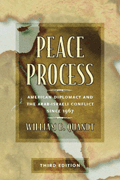
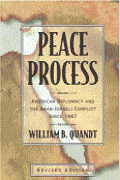
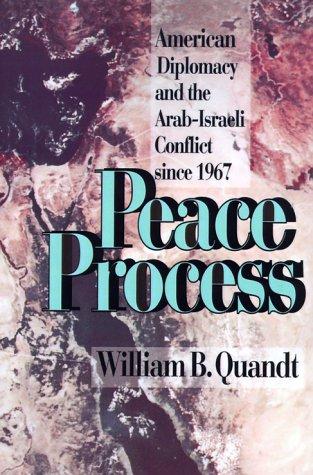
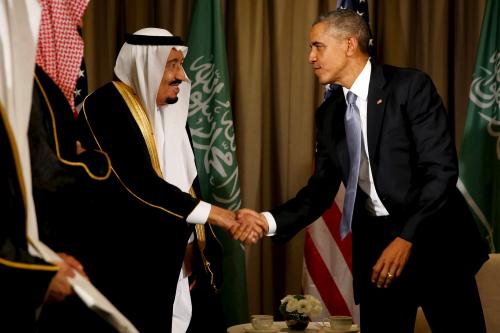
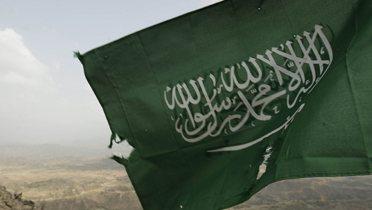
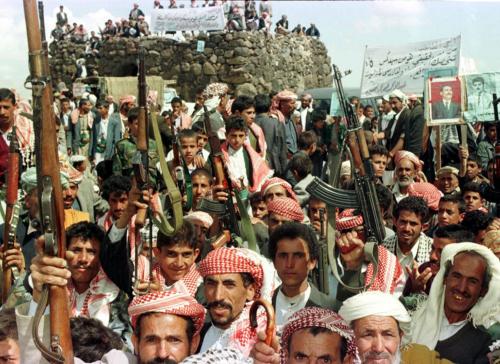

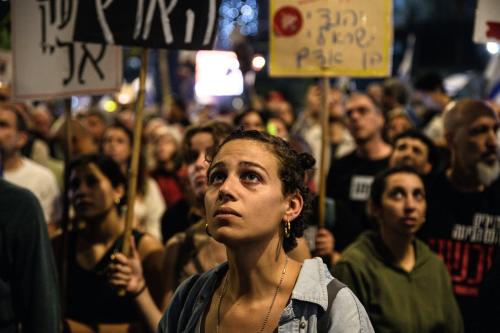


Commentary
How the 1967 War dramatically re-oriented Saudi Arabia’s foreign policy
May 30, 2017